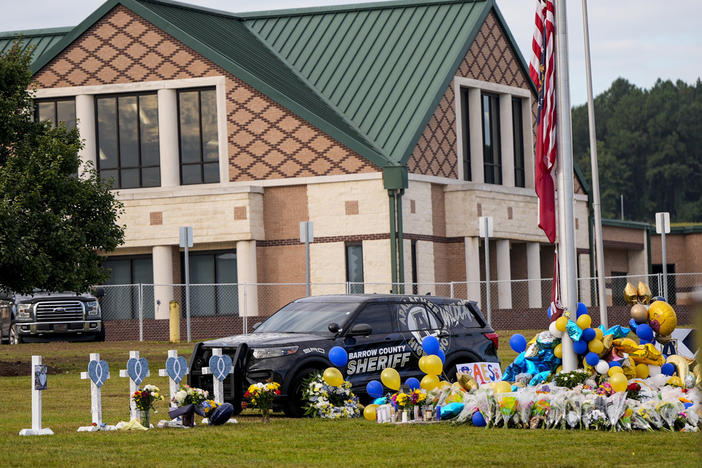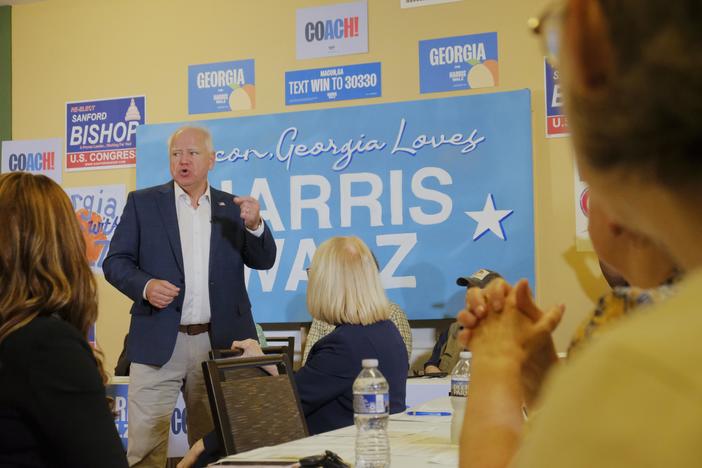WATCH: Secretary of State Early Voting Briefing at 10:00am
Section Branding
Header Content
The Legacy Of LBJ's Great Society
Primary Content
It was more than 48 years ago, but I remember vividly the night of March 31, 1968, when Lyndon Johnson surprised the world by announcing he would not run for a second full term as president. The stunning news came at the end of a speech from the Oval Office in which Johnson announced he was halting the bombing raids over North Vietnam – and it took my breath away. My anti-war friends and I had been demonstrating against the Vietnam War and against LBJ for many months (“Hey, hey, LBJ, how many kids did you kill today!”). We were gathered around a small black and white TV to watch the speech, and none of us at first could grasp the meaning of his words “…accordingly, I shall not seek and I will not accept the nomination of my party as your president…” But when they sunk in we broke into jubilant cheers. We believed we’d driven Johnson out of office, and we foolishly believed the war would soon be over.
https://www.youtube.com/watch?v=2-FibDxpkb0
I thought about that night as I was preparing for my conversation at the Carter Presidential Library with University of Arkansas Distinguished Professor of History Randall Woods. He’s written extensively about LBJ; we were getting together to talk about his new book “Prisoners of Hope: Lyndon B. Johnson, the Great Society and the Limits of Liberalism.” Woods gives us a detailed look at how in just two years Johnson passed what Wood’s believes is the most sweeping package of social reform bills in American history: the War on Poverty, Medicare, Medicaid, immigration reform, federal funding for schools, Social Security reform, creating on the National Endowment for the Arts and much more.
It dawned on me in reading Woods’ book that LBJ was in many ways one of the tragic figures of American politics. Taking office in a time of doubt and fear following the assassination of President Kennedy, Johnson immediately set out to transform the American landscape with his remarkable agenda of liberal reforms. But his visionary domestic agenda was completely overshadowed at the time by his failure to end the Vietnam War. To a large extent, that remains his legacy to this day.
Worse, as Woods points out, Johnson’s Great Society successes triggered a fierce backlash from both the left and the right. Inner-city African Americans turned on Johnson because there was never enough money to pay for the programs he promised to deliver; and rioting in major cities spurred conservatives in congress to push through a law and order agenda that hurt many of the very people Johnson passionately wanted to help.
I hope you enjoy the conversation with Randall Woods.
This edition of "Two Way Street" was recorded in front of a live audience at the Jimmy Carter Presidential Library. It’s the first in a series of conversations we’ll record at the Center in the months ahead.
Secondary Content
Bottom Content





